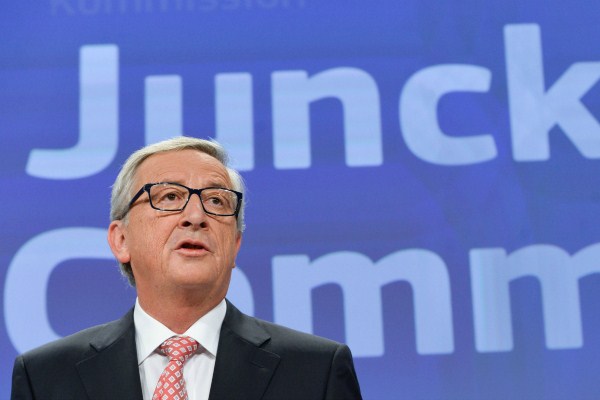Last week, European Commission President-designate Jean-Claude Juncker named the rest of his team of commissioners and their policy areas; Italian Foreign Minister Frederica Mogherini had already been given the post of European Union high representative for foreign policy, which also functions as a vice president of the commission. The latest announcements have generated a lot of discussion in EU circles about how the posts were distributed among candidates and countries.
Appointments to the European Commission, the executive branch of the EU, are a complicated balancing act. Each of the 28 member states submits a candidate for the commission, and the commission president—Juncker was selected for the post in July—decides who will be responsible for which policy area. Commissioners are to represent European interests, and not those of their country, during the policymaking process. This year, moreover, in addition to being commissioners, seven appointees will also be vice presidents of the commission, giving them a stronger mandate to oversee a wider policy area. These posts went to the Netherlands, Italy, Bulgaria, Estonia, Slovenia, Finland and Latvia. Some observers have noted the heavy presence of states from the East and North.
“This represents a power shift if the Juncker approach works,” says Josef Janning, senior policy fellow at the European Council of Foreign Affairs.

